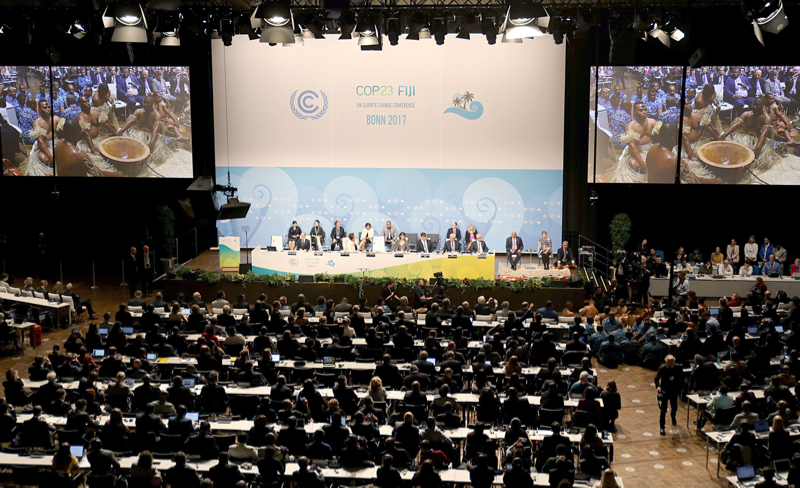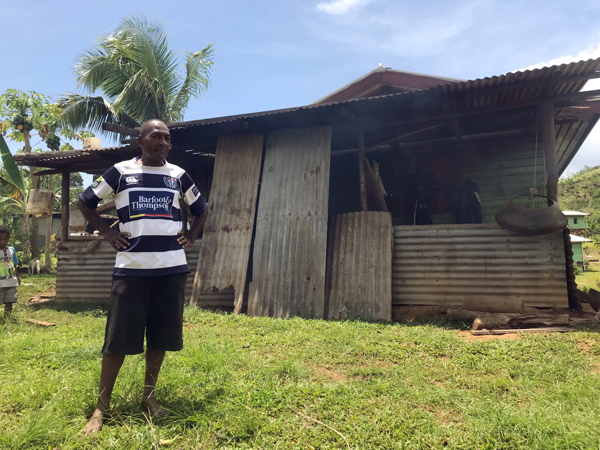The Columban Missionaries have called for migration policies to include "climate refugees" along with urging world leaders to take "meaningful action" to solve the "crisis" of global warming, at the opening of the UN Climate Change Conference, the COP23, which began today (6 November) in Bonn, Germany.
“Fiji [who this year are to chair the COP23] and Pacific Island are faced immediately with the climate refugee crisis,” explained Columban Superior General, Fr. Kevin O’Neill in a statement released yesterday (5 November).
The country and is one of a coalition of low-lying Island Nations who have repeatedly called for an international body to be set up to coordinate population movement caused by climate change.
At present, no standard definition or category for people who have been uprooted because of climate change exists under international law. Currently, the UN refugee convention applies only to those fleeing persecution.
Columbans have been present in Fiji for than 60 years and know intimately the impacts of climate change on small island states in the Pacific, Fr O’Neill’s statement continued.
Referring to the most severe tropical cyclone on record – ‘Cyclone Winston’ – which hit Fiji in 2016 damaging or destroying over 40,000 homes and severely impacting around 40 percent of the country’s population, Fr O’Neill said:
“Our hearts ache for the suffering caused by Cyclone Winston. The images of human and environmental devastation urge responses of aid, mercy, compassion, love, and solidarity”.
He also said that Columbans would commit to “individual and institutional lifestyle changes and policies” in order to reduce their environmental impact and advance their “reconciliation with all of God’s Creation”.

Representatives of the Fiji Islands perform a traditional ritual for thew opening of the World Climate Conference in Bonn, Germany, 6 November 2017 ©PA
In 2015, there were predictions that up to 250 million people may be displace worldwide by 2050 due to climate change.
People living on coral atolls in the Pacific are considered particularly vulnerable to a sea level that is rising by 1.2cm a year, four times faster than the global average.
The COP23 meets after, in June this year, President Donald Trump told the world the US would not be staying in the Paris Agreement, an accord forged in 2015 by all nations bar Nicaragua and Syria.
It pledged to hold global warming "well below 2C" and aim for a 1.5C limit.
Nicaragua has since joined the agreement.
PICTURE: A resident of the town of Vunidogoloa, Fiji, which is the first town to resettle inland due to the rising sea water levels, pictured in October 2017 ©PA
Follow The Tablet on Twitter and comment on this or other stories on our Facebook page



 Loading ...
Loading ...